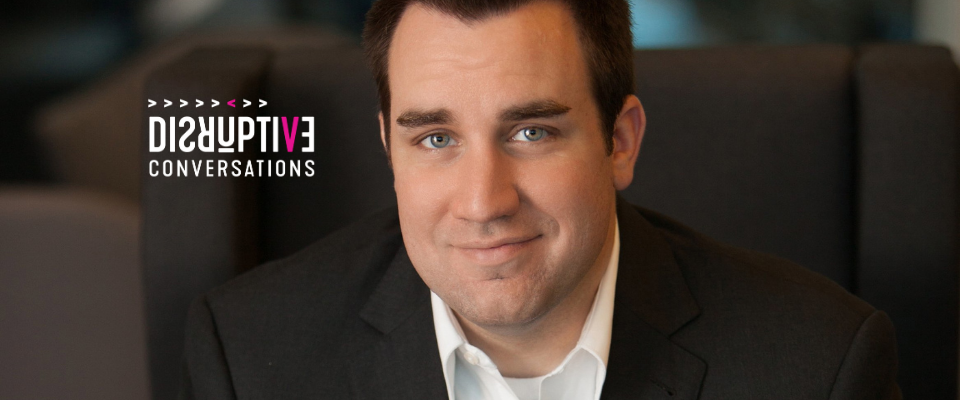David Burkus has focused much of work, writing and research on how to not make work suck. A common joke in the world of organizational psychologists. He written books on creativity, networking, teams, teamwork and more recently remote work.
In general, he asks, what do we think we know about work? Now that we have some ideas around that, what does the research or evidence say about what we think we know?
In really enjoyed my conversations with David. Here are a few things that stood out for me.
Getting teams aligned and motivated.
Recently, I have been questioning this term alignment in organizations because in many ways it assumes a certain level of homogeneity in organizations that simply does not exist. What I liked about my conversation with David is that he spoke about the role of purpose in getting trams aligned and motivated. He used the phrase, “speaking the same language”. Whose job is it to get the team to align and speak the same language. What does that mean in practice? His notion is that we need to pick a fight. People need to know what they are fighting for. It has little to do with who they are fighting against. People, for David, need a crusade. They want to work on something that is bigger than themselves. This is how you drive motivation.
Lessons from terrorists.
I have always been a fan of learning lessons from people we disagree with. Most notably, white supremacy groups have been very good at building a movement. What can we learn from them? One of the things David points out is that terrorist movements give people two things the rest of the world is not giving them:
- A sense of sacred values. Things that are worth defending.
- A larger group identity.
One of the things he reminds us about is often when you give groups task that require collaboration for them to complete, they often put aside their difference to achieve the task. See episodes:
Mindfulness can be found in places other than Yoga.
I love this part of our conversation. I am not the biggest fan of the mindfulness movement. I do, however, acknowledge its value. There is tremendous value in working on presence, focus, and intention. The challenge is that many mindfulness programs over promise and under deliver. These are my words but what David and I talk about is the possibility of finding mindfulness in soccer, martial arts, or work. There is value in mindfulness in many places other than in temples and retreats.
Avoiding the pull towards self-similarity.
In his book, Friend of a Friend . . .: Understanding the Hidden Networks That Can Transform Your Life and Your Career, one of the arguments he makes is that we have a tendency towards self-similarity. Network have a tendency to serve you self-similar people. We have network problem. When you recruit from the same clusters, you get the same kinds of people. To grow and diversify your network you need to avoid the tendency for networks to move towards similarity.
Disinfect at the source.
We know that emotional contagion spreads like a virus. David tells the story of his wife who is medical doctor and how they have developed procedures for disinfecting the car and her clothes before she enters the house. His point is that work is often a source of stress, negative energy, frustrating bosses, disengagement or toxic work cultures. The challenge is that when people get home, they do not leave this negative energy at the door, instead, it spills into the family life. We laugh at the show the Office because it mirrors certain aspects of our lives. If we are going to stop parents bringing negative energy into their homes, we need to disinfect at the source. We need to create beautiful workplaces.
Lean into conflict.
There is a big distinction between task conflict and versus people conflict. Conflict around ideas can yield tremendous reward for organizations. We can also avoid conversations by assuming we know the other persons motivations because we can only speculate. There are ways to avoid conflict and speculating about other people’s motivations is a major one.
There are a few tricks:
- Give the other person the most generous assumption.
- Ask people, what would need to be true for X to happen?
- Focus on challenging the idea and not people.
- Pick a crusade worth fighting for.
For more information on David visit: https://davidburkus.com/
